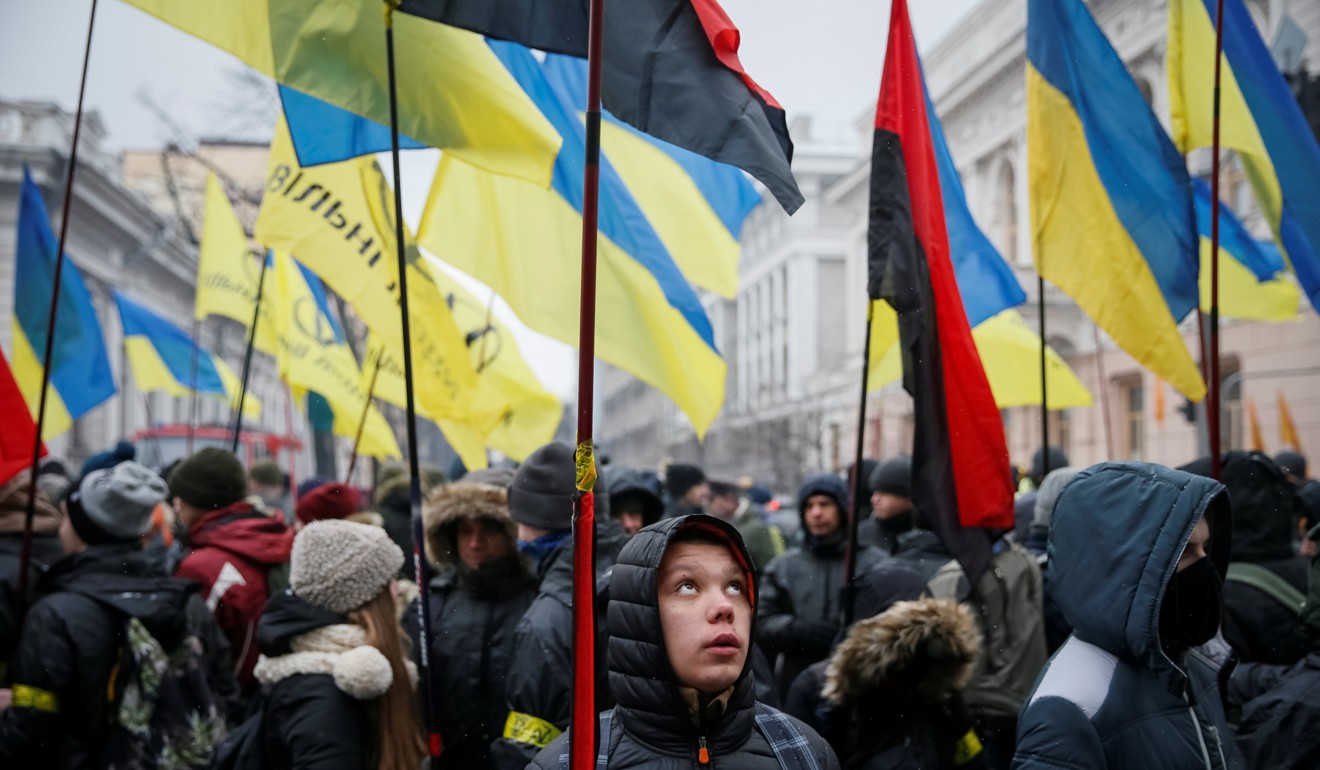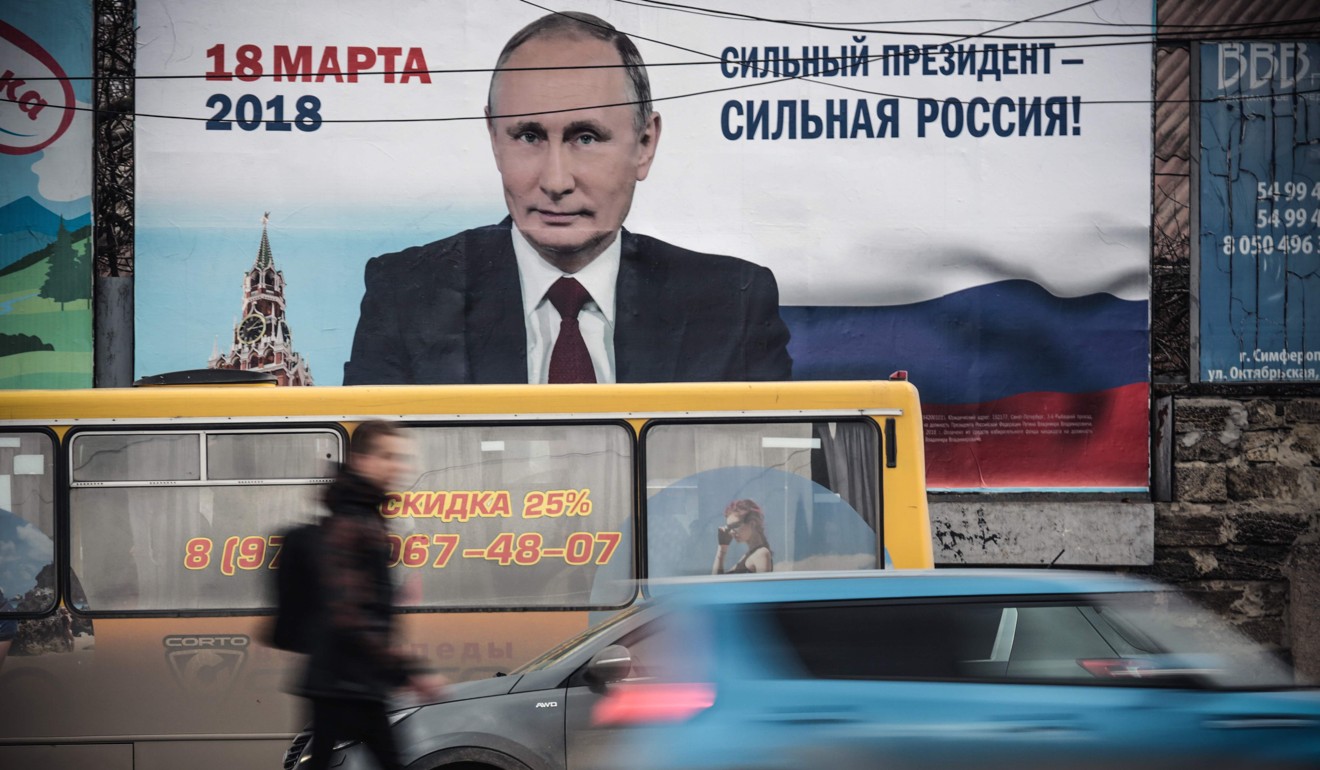
Future of Ukraine talks up in the air after government rules against Russian ‘occupation’
One day after the Ukrainian government passed a law that formally recognises its eastern war as a “temporary Russian occupation,” a squabble broke out over who would host peace talks.
On Friday Belarus mocked Kazakhstan’s suggestion that it should host the talks, with Belarusian Foreign Minister Vladimir Makei saying that the ex-Soviet nation “isn’t seeking peacemaker’s laurels unlike some others.” He added that moving the talks elsewhere wouldn’t change anything.
“The negotiations’ venue is hardly relevant,” Makei said. “The negotiations on Ukraine could even be moved to Antarctica if there is a certainty about their success.”
He added that for the talks to succeed it’s necessary that every party in the conflict sincerely aims to end the bloodshed. The talks were previously held in Minsk.
Ukraine’s parliament on Thursday defined the ongoing violence between Ukrainian forces and Russian-backed insurgents after nearly four years of fighting that has claimed more than 10,000 lives.
Moscow reacted in outrage, saying the law amounted to preparation for war and effectively kills the Minsk agreements.

“We regret this,” the Kremlin’s spokesman Dmitry Peskov told journalists on Friday.
“Of course, Russia will remain committed to the word and spirit of the Minsk accords with other guarantor countries France and Germany, but we regret that such steps only distract us from the desired goal,”
Kiev and its Western allies have long accused Russia of orchestrating the bloodshed in reprisal for Kiev’s decision to pull out of its historic orbit and forge a closer alliance with the European Union.
Belarus has hosted a series of negotiations to try to settle the separatist conflict in eastern Ukraine that erupted weeks after Russia’s annexation of Crimea in 2014.
A 2015 agreement signed in Minsk that was brokered by France and Germany helped reduce hostilities that have killed more than 10,000 since April 2014.
But clashes between Ukrainian forces and Russia-backed separatists have continued and attempts at political settlement have stalled.

Kazakh President Nursultan Nazarbayev suggested his country should host Ukraine-Russia talks after criticising the Minsk talks as deadlocked.
Commenting on statements by Kazakhstan and Belarus, Peskov said the adherence to the Minsk agreements is of primary importance and the choice of venue matters little.
The 2015 peace deal obliged Ukraine to offer broad autonomy to the separatist regions and a sweeping amnesty to rebels.
Most Ukrainian political parties rejected that idea as a betrayal of national interests.

